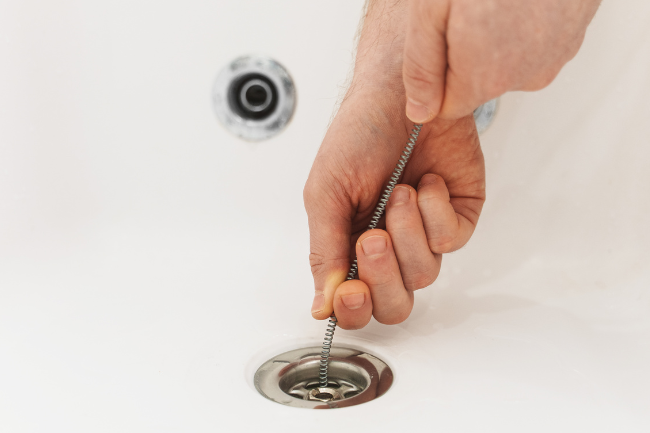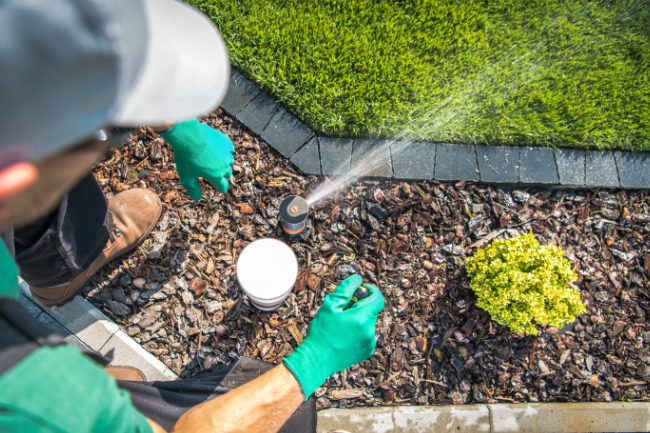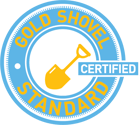The Preventative Plumbing Maintenance Guide For Your Sacramento Pipes
Posted by William Heinselman on
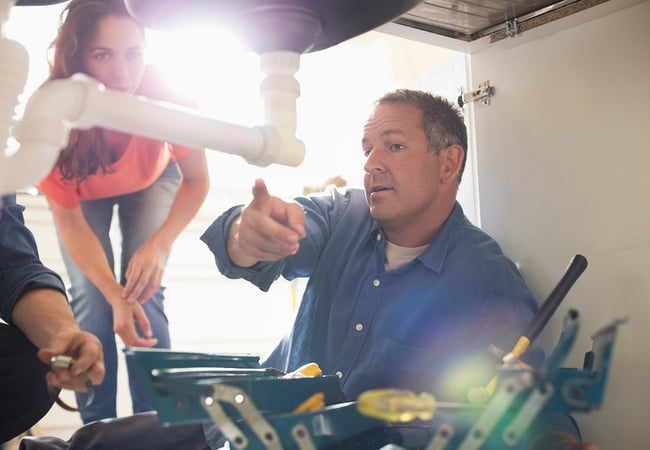
In the heart of Sacramento, where the comfort and functionality of residents and businesses depend heavily on a reliable plumbing infrastructure, the importance of proactive and preventative maintenance for your pipes cannot be overstated.
From ensuring a consistent water supply to safeguarding against costly and disruptive plumbing emergencies, maintaining your plumbing system is an essential responsibility for property owners.
In this article, we delve into the world of preventative plumbing maintenance, offering valuable insights and practical tips to help Sacramento residents and businesses keep their pipes in top-notch condition, ensuring a happier, healthier, and more efficient environment for everyone.
What is Preventative Maintenance for Plumbing?
Preventative maintenance for plumbing is a proactive approach to preserving the integrity and functionality of your plumbing system, rather than waiting for issues to arise and reacting to them. It involves a series of planned and regular actions aimed at identifying, addressing, and preventing potential problems with your pipes, fixtures, and other plumbing components before they escalate into costly and disruptive emergencies.
At its core, preventative maintenance for plumbing is all about taking steps to ensure the smooth and uninterrupted flow of water, the safe disposal of sewage, and the efficient operation of plumbing fixtures and appliances within your property. This can encompass a wide range of activities, including routine inspections at least once or twice a year, cleaning, repairs, and upgrades, all designed to extend the lifespan of your plumbing system while minimizing the likelihood of unexpected breakdowns.
By adopting a preventative maintenance approach, you not only save money in the long run by avoiding costly repairs but also contribute to the sustainability of your property and the environment. It's a proactive strategy that helps preserve water resources, reduce water wastage, and minimize the carbon footprint associated with plumbing-related issues. Ultimately, preventative maintenance for plumbing is a wise investment that ensures a reliable and trouble-free plumbing system, promoting comfort, convenience, and peace of mind for homeowners and businesses alike.
Risks of Poor Plumbing Maintenance
Poor plumbing maintenance can lead to a host of problems, ranging from minor inconveniences to significant health hazards and financial burdens. Here are some of the key risks associated with neglecting proper plumbing maintenance.
Costly Repairs
Poor plumbing maintenance can quickly escalate to a costly predicament for homeowners and businesses alike. Neglected pipes, fixtures, and drainage systems can develop leaks, corrosion, and clogs over time. These seemingly minor issues, if left unattended, can escalate into major problems, causing water damage to walls, floors, and ceilings.
Moreover, leaky pipes can lead to mold and mildew growth, posing health hazards and necessitating extensive remediation. Inefficient plumbing systems also consume more water and energy, resulting in higher utility bills. Ultimately, the financial burden of repairs and potential health risks associated with poor plumbing maintenance far outweigh the cost of regular upkeep, making it a critical aspect of property management and responsible homeownership.
Impact on Water Quality
Neglected plumbing maintenance can have a significant and detrimental impact on water quality. Over time, corroded or deteriorating pipes can introduce contaminants into the water supply. Rust and mineral buildup in old pipes can add impurities to the water, affecting its taste, odor, and color.
Additionally, leaks in the plumbing system can provide an entry point for external pollutants, such as soil, bacteria, or chemicals, to infiltrate the water. These contaminants can compromise the safety and potability of the water, potentially leading to health issues for those who consume it. Regular plumbing maintenance, including pipe inspections and repairs, is essential to ensure that water quality remains safe, clean, and free from harmful substances.
Increased Water Bills
Inadequate plumbing maintenance can significantly inflate water bills. Leaky faucets, running toilets, and hidden pipe leaks are common culprits. A steady drip from a faucet or a constantly running toilet can waste a surprising amount of water over time, increasing the monthly consumption and subsequently the water bill.
Additionally, neglected plumbing systems may develop clogs and inefficiencies, causing water pressure issues that necessitate more prolonged usage for daily tasks like showering or dishwashing. Such inefficiencies lead to the excessive consumption of water, further elevating water bills.
By addressing these issues promptly through regular plumbing maintenance, homeowners and businesses can conserve water and save money, making it a wise investment in the long run.
Tips to Maintain Your Plumbing System
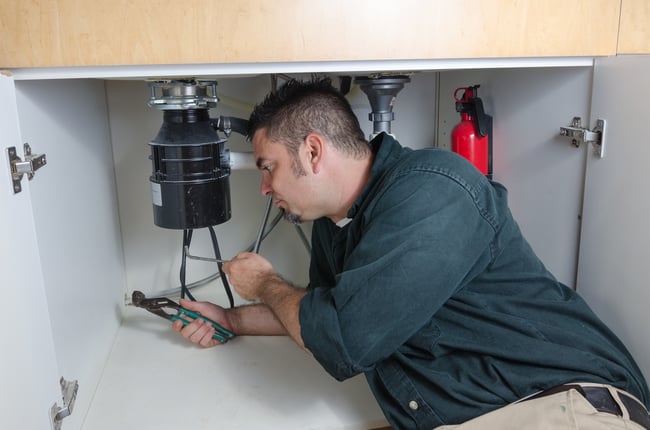
Maintaining your plumbing system is essential to prevent costly repairs and ensure the efficient operation of your water supply and drainage. Here are some tips to help you keep your plumbing system in good condition:
Create a Schedule and a Plan
Without a structured approach, plumbing issues can easily go unnoticed, leading to costly repairs down the road. A well-thought-out maintenance schedule allows you to proactively address potential problems, such as leaks, clogs, or pipe corrosion before they escalate.
By systematically inspecting and maintaining your plumbing system at regular intervals, you can save both time and money, as minor issues can be fixed before they become major headaches. Moreover, having a plan in place ensures that no crucial maintenance tasks are overlooked, helping to maintain water quality, conserve resources, and keep your plumbing system in optimal condition, promoting peace of mind for homeowners and businesses alike.
Use a Checklist
A well-structured checklist guides you through the various maintenance tasks, from inspecting pipes and fixtures to checking for leaks and monitoring water pressure. It helps you keep track of what needs to be done and reduces the chances of overlooking critical maintenance items.
By following a checklist, you can establish a routine and ensure that you cover all aspects of plumbing upkeep, preventing potential issues from escalating into costly emergencies. It's a proactive tool that promotes consistency, helps you identify early warning signs, and ultimately contributes to the longevity and efficiency of your plumbing system.
Understand Your Resources
Knowing when to use a professional for plumbing preventative maintenance is essential to ensure the proper care and longevity of your plumbing system. While some maintenance tasks can be handled by homeowners or business owners, there are instances where the expertise of a licensed plumber is crucial.
Professionals possess the knowledge, experience, and specialized tools needed to detect and address hidden issues that may not be apparent to the untrained eye. They can perform comprehensive inspections, identify potential problems, and provide expert solutions to prevent major plumbing disasters.
Moreover, professionals can also offer valuable advice on water-efficient fixtures, energy-saving upgrades, and overall plumbing system optimization. Recognizing the right time to engage a professional ensures that preventative maintenance is thorough, effective, and tailored to your specific plumbing needs, ultimately saving you time, money, and potential headaches in the long run.
Work With a Team of Local Sacramento Plumbing Experts
When it comes to preventative plumbing maintenance, making the right choice in Sacramento service providers can make all the difference. Express Sewer & Drain’s team of highly trained and experienced professionals is well-equipped to handle all aspects of plumbing maintenance, from routine inspections to more complex repairs. Contact us today to learn more!
Topics: Home Plumbing, Plumbing Tips


